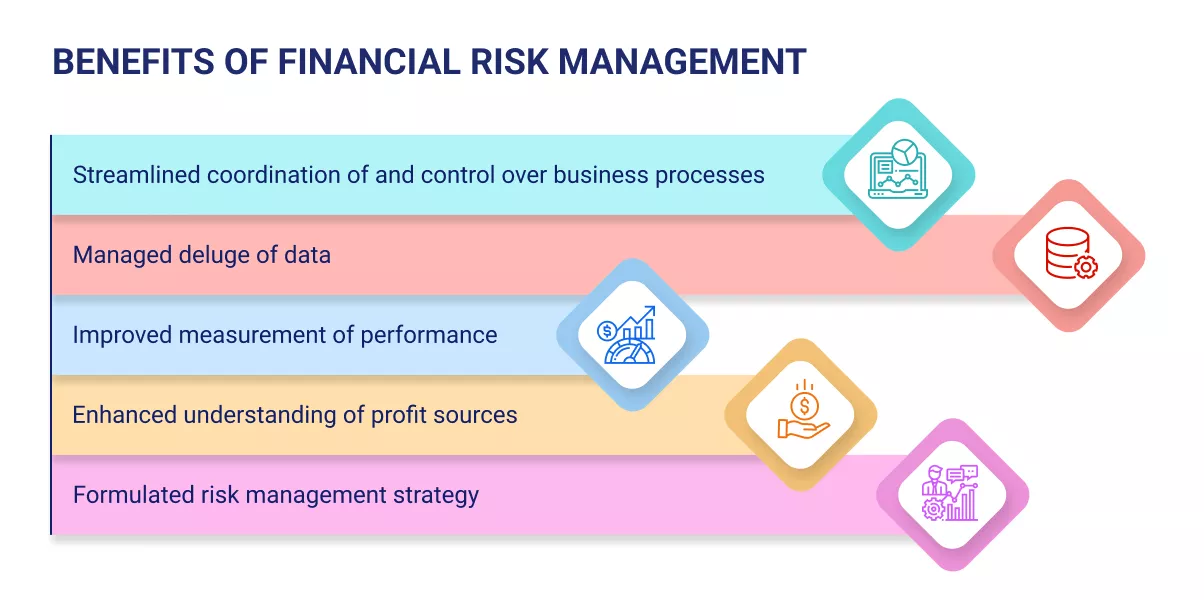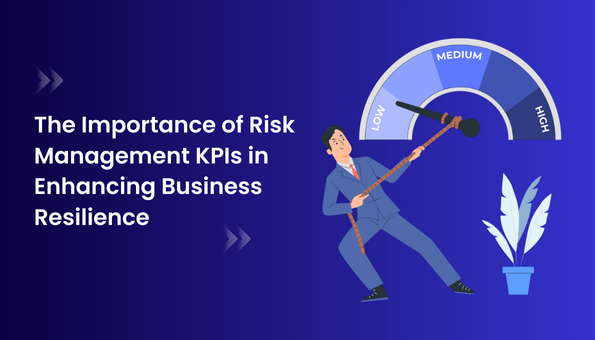Exploring the Long-Term Benefits and Importance of Risk Management for Startups
Exploring the Long-Term Benefits and Importance of Risk Management for Startups
Blog Article
The Value of Understanding the Value of Risk Management in Various Industries

The Core Idea of Risk Management and Its Purpose
Risk Management, the cornerstone of many sectors, hinges on the recognition, analysis, and reduction of unpredictabilities in a service atmosphere. By properly recognizing prospective dangers, companies can create methods to either stop these threats from happening or reduce their effect. When threats have actually been recognized and evaluated, the reduction procedure includes devising strategies to lower their prospective impact.
Benefits of Applying Risk Management in Company Operations

Introducing the Duty of Risk Management in Different Industries
While every sector confronts its special set of threats, the implementation of Risk Management strategies continues to be a typical denominator in their quest of sustainability and growth. In the healthcare field, Risk Management requires ensuring individual security and data defense, while in financing, it involves mitigating financial investment dangers and ensuring regulative conformity (importance of risk management). Building and construction business concentrate on employee security, job hold-ups, and budget overruns. In the modern technology industry, companies minimize cybersecurity threats and technology obsolescence. Ultimately, the role of Risk Management throughout sectors is to recognize, analyze, and reduce dangers. It is a vital part of calculated planning, allowing organizations to safeguard their possessions, take full advantage of chances, and attain their purposes.
Real-life Study Demonstrating Effective Risk Management
To understand the value of Risk Management in these several markets, one Check This Out can look to numerous real-life circumstances that show the successful application of these actions. Toyota, post the 2011 quake in Japan, changed its supply chain Management to minimize disruption threats. These instances show exactly how industries, finding out from dilemmas, efficiently applied Risk Management approaches to reduce future risks.
Future Patterns and Advancements in Risk Management Approaches
As the world remains to evolve, so as well do the trends and advancements in Risk Management approaches. Quick developments in technology and data analytics are improving the Risk landscape. Huge data and AI are now crucial in forecasting and minimizing risks. Organizations are leveraging these tools to construct predictive models and make data-driven decisions. Cybersecurity, once a peripheral worry, has catapulted to the leading edge of Risk Management, with strategies concentrating on detection, reaction, and avoidance. The combination of ESG (Environmental, Social, Governance) elements into Risk Management is an additional growing trend, reflecting the increasing acknowledgment of the duty that ecological and social threats play in business sustainability. Thus, the future of Risk Management hinges on the combination of advanced technology, cutting-edge approaches, and an all natural technique.
Final thought
In final thought, comprehending the relevance of Risk Management across a range of markets is critical for their long life and success. Inevitably, effective Risk Management adds to more durable and lasting companies, highlighting the relevance of this method in today's dynamic and highly affordable business setting.
While every sector faces its special set of risks, the implementation of Risk Management techniques remains an usual right here in their quest of sustainability and growth. In the healthcare sector, Risk Management requires making sure client security and data protection, while in money, it entails mitigating financial investment threats and straight from the source making certain governing compliance. Eventually, the function of Risk Management across sectors is to determine, evaluate, and mitigate risks. These instances show how sectors, finding out from dilemmas, efficiently applied Risk Management techniques to decrease future risks.

Report this page